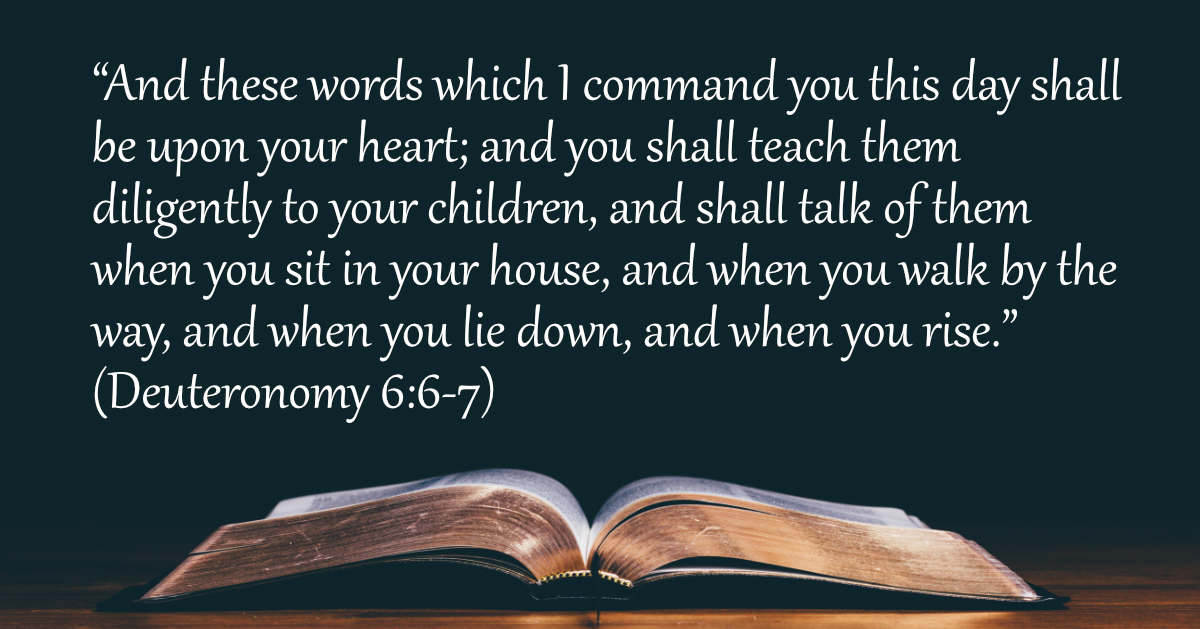“Owe no man any thing, but to love one another: for he that loveth another hath fulfilled the law.” –
Romans 13:8
Romans 13:8 calls us to a profound and timeless truth: love is the ultimate debt we owe to one another. This verse transcends the transactional nature of human relationships, urging us to embrace love as a perpetual obligation. In a world often driven by self-interest and materialism, this scripture reminds us that love is not a fleeting emotion but a deliberate and ongoing act of will. It is through love that we fulfill the law, as Jesus Himself affirmed when He said, “Thou shalt love thy neighbour as thyself” (Matthew 22:39).
In today’s world, where divisions and conflicts often dominate, this verse challenges Christians to rise above societal norms and embody the love of Christ. It calls us to be peacemakers, bridge-builders, and bearers of compassion. Love, as described here, is not limited to those who are easy to love; it extends to strangers, adversaries, and those in need. It is a love that mirrors the sacrificial love of Jesus, who gave Himself for us while we were yet sinners (Romans 5:8).
Supporting scriptures reinforce this message. Galatians 5:14 declares, “For all the law is fulfilled in one word, even in this; Thou shalt love thy neighbour as thyself.” Similarly, 1 Corinthians 13:13 reminds us that “the greatest of these is love.” These verses collectively emphasize that love is the cornerstone of Christian living, the essence of our faith, and the reflection of God’s character.
Morally, this verse invites us to examine our lives and relationships. Are we living in a way that reflects the love of Christ? Are we forgiving, patient, and kind, even when it is difficult? It challenges us to move beyond superficial acts of kindness and to engage in genuine, selfless love that seeks the well-being of others.
Prayer: Heavenly Father, thank You for the gift of Your love, which surpasses all understanding. Teach us to love one another as You have loved us. Help us to see others through Your eyes, to forgive as You forgive, and to serve with humility and grace. May our lives be a testament to Your love, drawing others closer to You. In Jesus’ name, Amen.
Question for the Day: How can you demonstrate Christ-like love to someone in your life today?
Blessing: May the love of God fill your heart and overflow into every relationship. May you walk in His grace, guided by His Spirit, and may His peace surround you always. God Bless You All~













